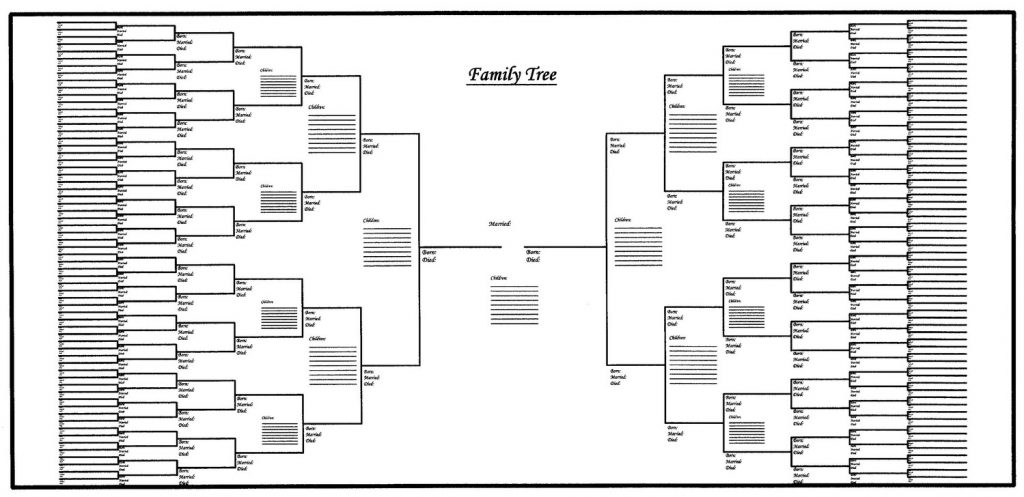Family Reunion
The names in the stone are strangely old: Josiah. Trevie. Narcissa. Louphemie. But the Scottish surname makes them familiar. Generations of Craigs are carved in rock and marble behind the Philadelphia Methodist church outside McDonough, Georgia.
I’m standing at the grave of William Alexander Craig, who saw Sherman’s troops march through Henry County and heard Germany and Japan surrender on the radio. He was my great-grandfather. I never met Granddaddy Craig, but I knew him. There are wonderful stories told by and about him; my father heard them first-hand as a boy. Summer evenings spent on Granny Craig’s wrap-around porch enriched Dad’s life and formed his character.
And mine.
The farmhouse was torn down before I was born – yet I have listened to the voices of old folks telling stories in the restful dark of a day’s work ended. Their words became my father’s, and then mine. Now, they belong to my children.
My 27-year-old son Craig could tell you why Granddaddy’s white beard hung down to the fourth button on his coat. One day a man come by and offered to buy my razor. I let him have it. He could tell you Granddaddy’s response to a gossipy neighbor. It takes me 24 hours a day just to mind my own business.
He could give Granddaddy’s summation of Georgia’s three-time governor, Eugene Talmadge. Gene sold his bull 4,000 times. And he still had the bull when it was all over.
William Craig would go out into the fields before daylight and sit down to wait for the sun to come up. Then he would plow ‘til the sun went down. He was a powerful
man: in his youth, champion wrestler of Henry County. But his granddaughter Myrna loved to sit in his lap and comb his beard.
Granddaddy made it his business to know the latest trends in farming – then he’d do the opposite. Once when times were hard, his neighbors all sold their cotton when the price was five cents a pound. Granddaddy tightened his belt and sold just enough of his crop to cover expenses. He laid the rest by and sold it later at 40 cents a pound.
Granddaddy liked fresh biscuits, fiddle music, and taking his bath in the creek in summer. He loved Granny and teased her about the fact they had married young. I was pulled too green, he would say. Granny and Granddaddy worked hard and made use of everything they had. She made his underwear out of old flour sacks; he grew ribbon cane in the creek bottom and ground his own syrup.
William Craig did a lot of living between 1857 and 1945, and the only thing ever written about him is on his tombstone. But the names carved in these monuments are literature: opening sentences of stories about people who toiled in fields of soybeans and cotton, baked peach cobbler and cornbread, fell in love with the neighbor’s son or daughter, and sang in the little church a few hundred feet away. They buried infants too young to have names, and teenagers who died of scarlet fever or whooping cough, and husbands or wives they’d lived with for 60 years. They worried about the economy and the state of the world, and they wondered if this year’s crop would harvest, and they prayed for guidance. Often, they got it.
No matter how many years have passed, the lives of my kindred are not over. If I can know a little about their thoughts, feel a little of what they felt, learn a little of what they learned, I receive the gifts they meant for me to have.
I hope your family tells its stories. And I hope you listen.





No Comments